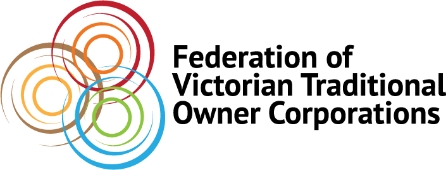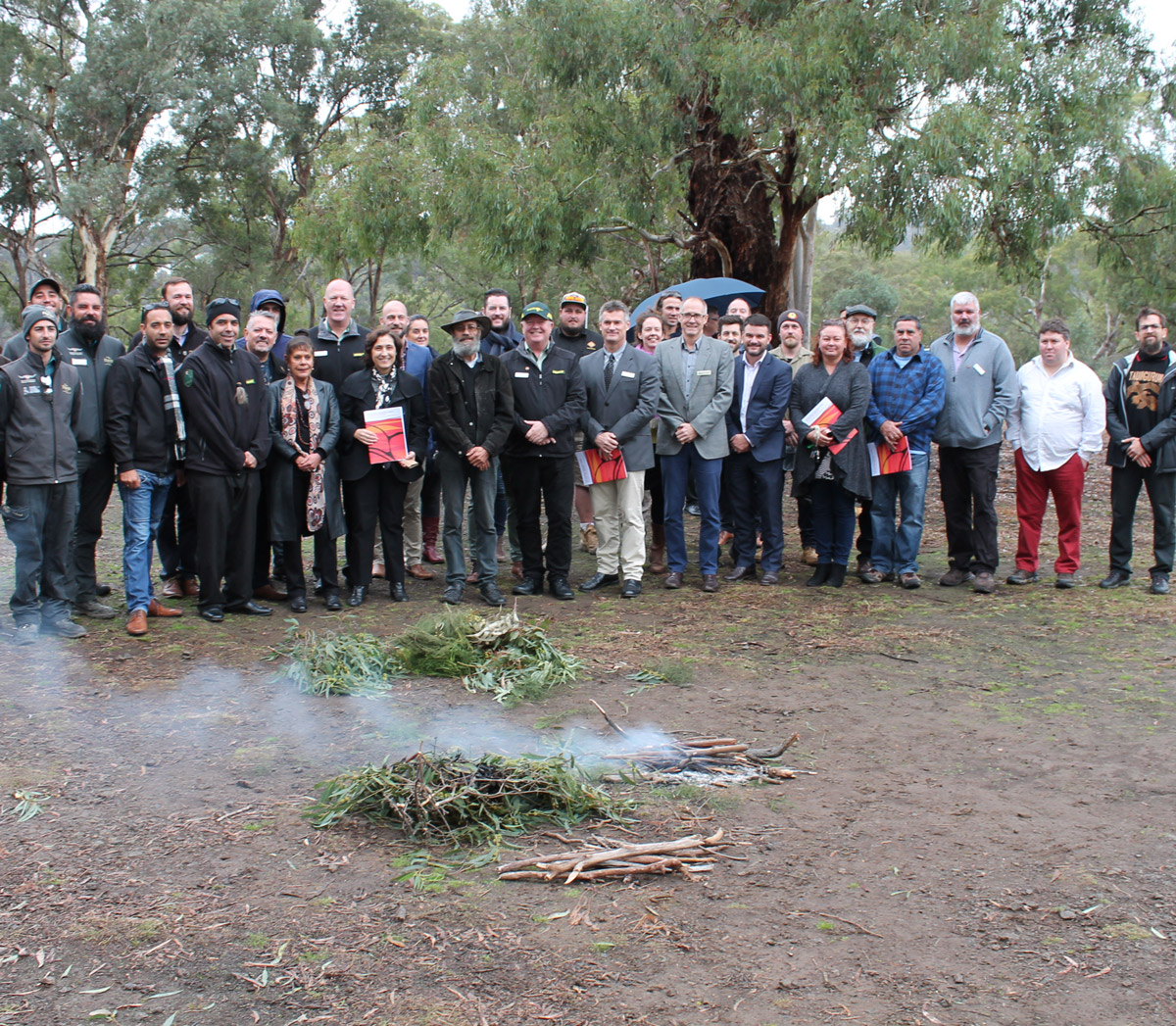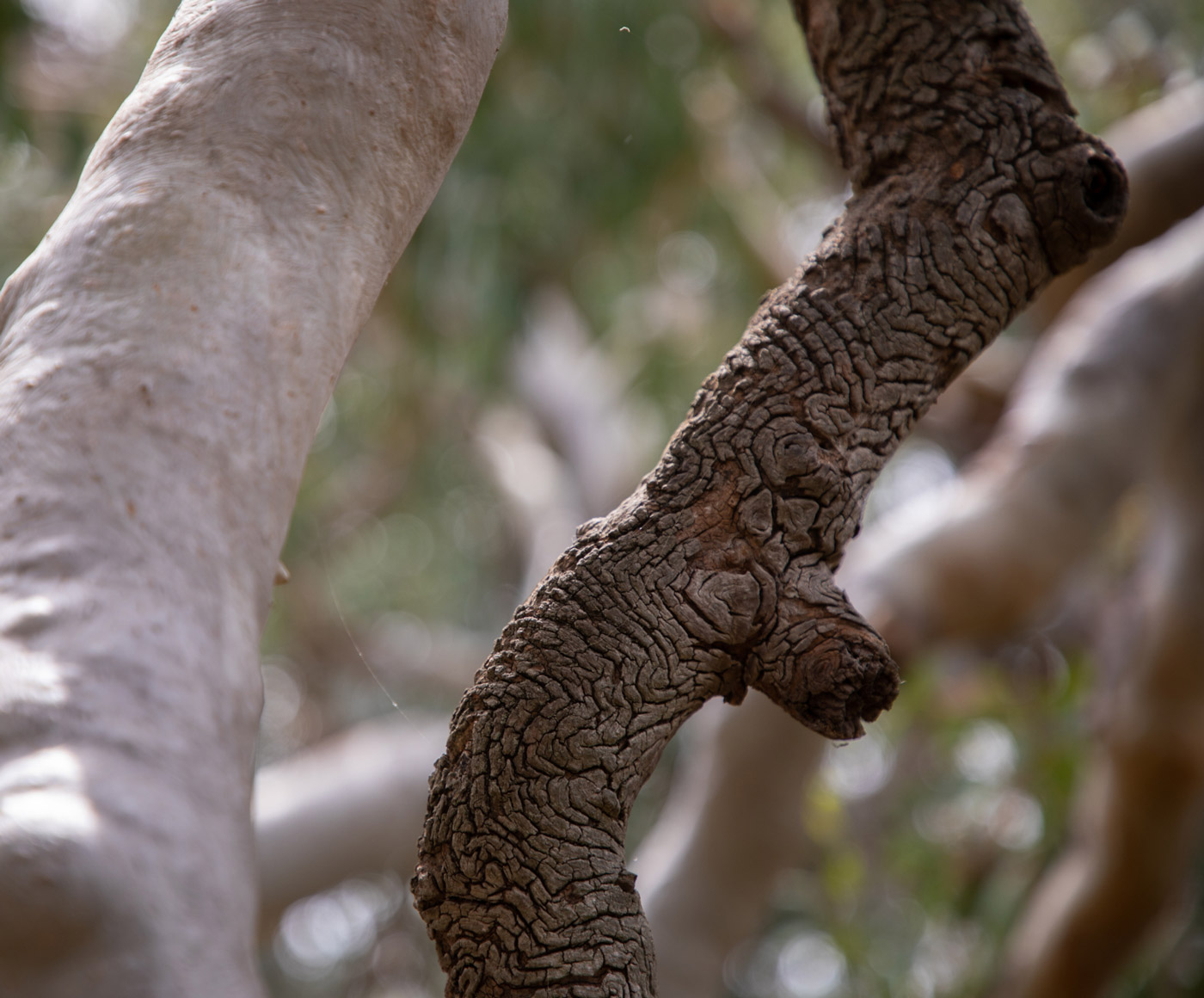Impact
The Federation’s advocacy shapes the landscape in which Victorian Traditional Owner Corporations do their important work.
We have put cultural fire and cultural water on the agenda for government, sought greater protections for Indigenous Cultural and Intellectual Property, fought for a fair place in the expanding native foods and botanicals industry, championed treaty and self-determination, supported a drastic reconsideration of how our cultural heritage is approached at both state and national levels, and worked to have Traditional Owners’ economic development considered as more than just small business grants.







